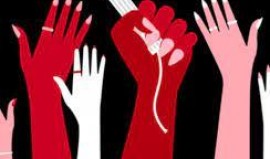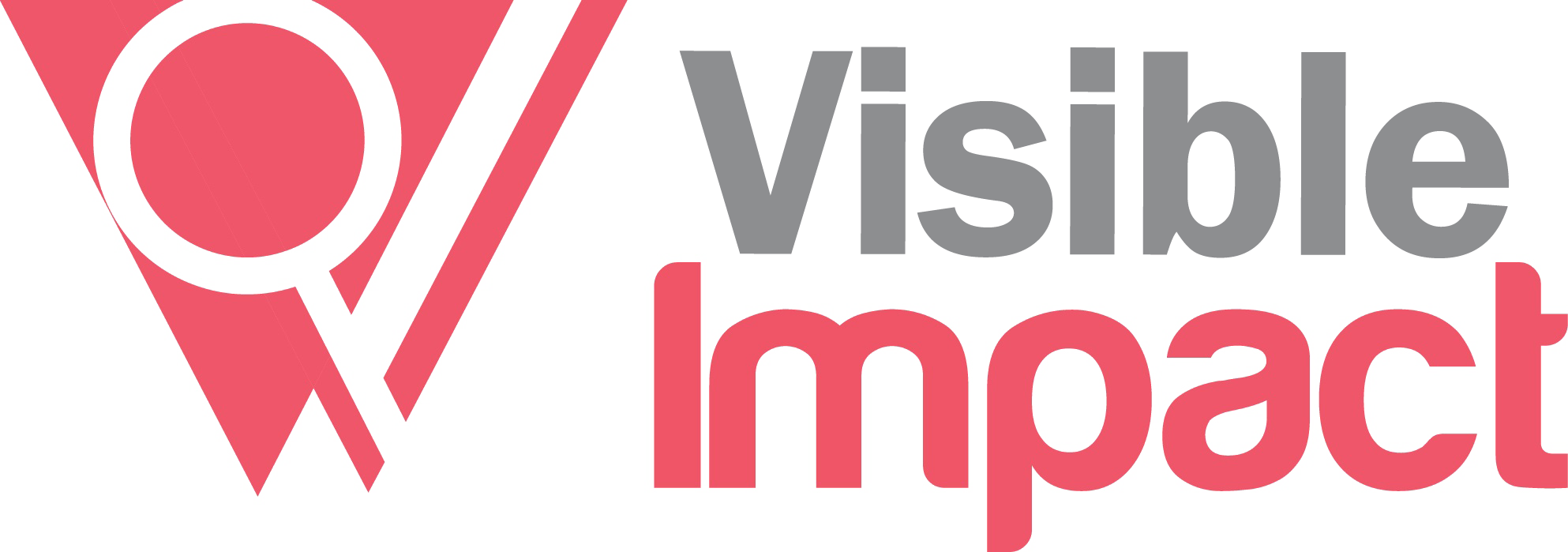"Menstrual Poverty: Where Is The Point Of End?"

Period poverty is the lack of access to sanitary products, hygiene facilities, waste management, and education. It truly describes the struggle women and girls face while trying to afford menstrual products. It addresses issues ranging from a lack of product availability, affordability, and fears to cultural alienation and stigma.
Menstruation is normal vaginal bleeding that occurs as a part of a women’s monthly cycle and is considered a natural phenomenon. More than 800 million women menstruate daily. During this phase, the need for menstrual products is compulsory, along with their hygiene. Products such as sanitary pads, tampons, and other menstrual products are essential during the period, but due to the lack of access to sanitary products, financial constraints, and lack of product knowledge and sanitation, many women are still unable to use them.
Similarly, those women without access to menstrual products are compelled to use mud, old clothes, newspapers, and even cow dung to manage their period. Odours and leakages have become major challenges, mainly for schoolgirls and women, which leads to discomfort, distraction, absenteeism, and even dropping out of school, predisposing them to social and economic poverty. Directly or indirectly, menstrual poverty leads to physical, mental, and social problems. This also leads to health problems such as amenorrhea and cervical cancer.
In the context of Nepal, lack of access to menstrual sanitary products, the cultural stigma of Chhaupadi, traditional beliefs isolating menstruating women, and prohibitions against them from touching others and doing communal things make period poverty in Nepal a pressing issue for women.
Every problem has a solution if we have the desire to solve it. Similarly, we need to support and promote access to menstruation products and information, along with hygiene and waste management. We need to give more emphasis to the sustainable development and use of environmentally friendly products. Intersectoral collaboration is paramount if period poverty is to be overcome. Women make up more than half of the world's population; menstrual issues should no longer be ignored. We must take the initiative to discuss and normalize menstruation issues, as well as create supportive environments that allow menstruating people to participate in all aspects of life.
